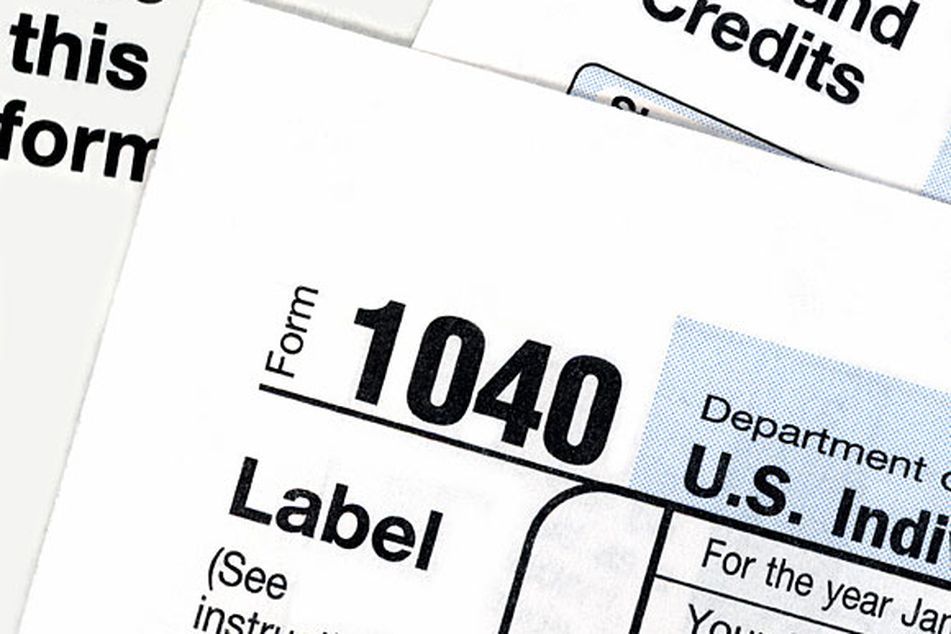IRS warns weaker enforcement, slow service would follow cuts

IRS warns of “noticeable degradation” of taxpayer services and enforcement if Congress follows through on a plan to cut about $500 million from the agency's budget for fiscal 2012.
The Internal Revenue Service is reducing spending in anticipation of budget cuts for the current fiscal year that haven’t taken effect, Commissioner Douglas Shulman said in a letter to lawmakers today.
He warned of a “noticeable degradation” of taxpayer services and enforcement if Congress follows through on a plan to cut about $500 million from the agency’s budget for fiscal 2012.
If that happens, Shulman said, half of taxpayers trying to reach the agency would either get busy signals or hang up in frustration. Responses to taxpayer letters would be delayed as much as five months. Audits and efforts to collect unpaid taxes would drop by 5 percent to 8 percent, he said in the letter.
“These budget cuts will result in a direct increase to the nation’s deficit,” Shulman wrote to the chairmen of the committees that oversee the tax code and the IRS budget. He estimated the revenue loss at $4 billion for this year.
For fiscal 2011, which ended Sept. 30, the IRS received $12.1 billion. President Barack Obama asked for funding of $13.3 billion in his 2012 budget proposal. The House Appropriations Committee approved a bill with an $11.5 billion level for the IRS, and the companion bill in the Senate set the budget at $11.7 billion.
Not Much Room
Neither of those bills has reached Obama’s desk, and Congress hasn’t set final spending levels for the 2012 fiscal year, which began Oct. 1. Lawmakers passed a temporary spending plan that expires Nov. 18.
There isn’t much room for change in those numbers because overall government spending this year is constrained by the August agreement that included an increase in the federal debt ceiling.
Shulman said the depth of the cuts being considered prompted him to start reducing the agency’s spending before a 2012 budget has been passed. Waiting could make the cuts even deeper, he wrote.
“If we did, we would not have enough time left in the year to make the spending cuts that could be required,” he said.
The letter provided no additional detail about what cuts are being implemented. It noted that the cuts “would mean that front-line IRS staffing levels must be substantially reduced.”
More Responsibilities
Shulman noted in the letter that Congress has given the IRS additional responsibilities, such as administering a program that requires information reporting on credit card payments.
At the end of fiscal year 2010, the IRS had 94,346 employees, according to the agency’s website.
About 3,000 to 4,000 positions could be cut, according to Colleen Kelley, president of the National Treasury Employees Union, which represents much of the IRS workforce.
“It’s so basic,” she said in an Oct. 12 conference call with reporters. “The agency that brings in more money than it spends, why would you not fund it?”
–Bloomberg News–
Learn more about reprints and licensing for this article.







